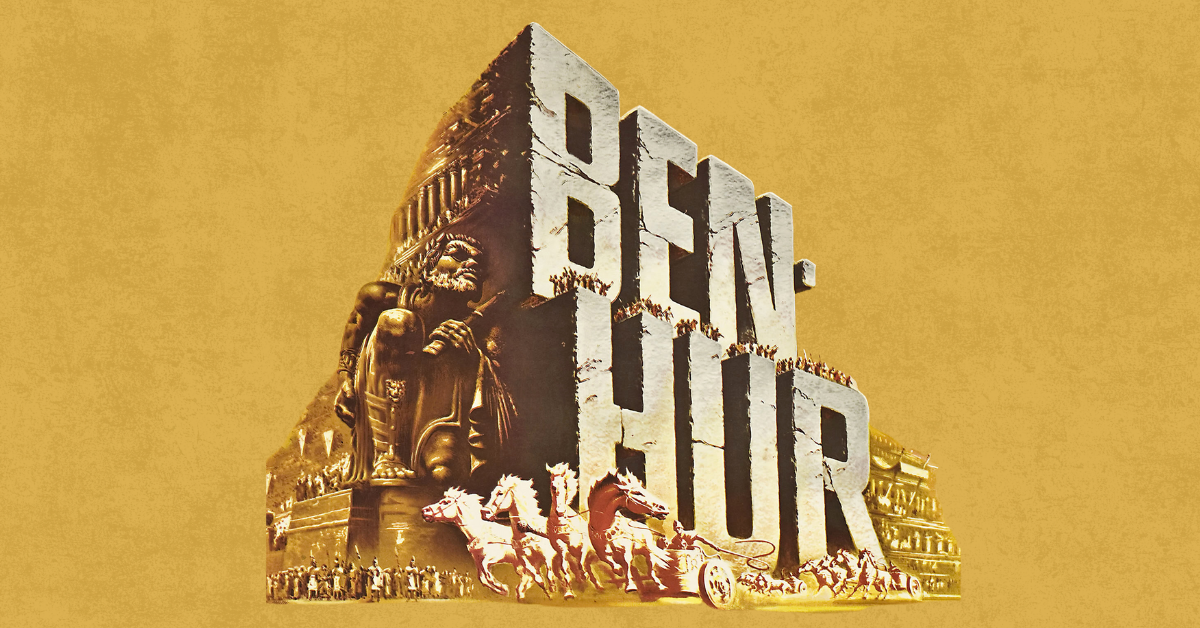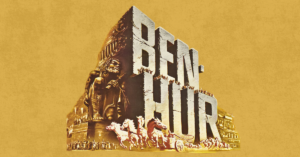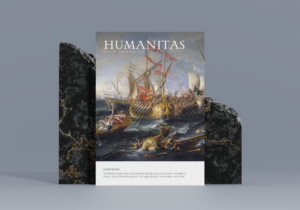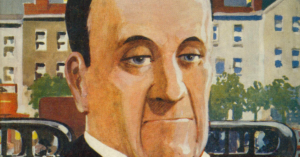

Image: Ben-Hur (1959) film poster.
Sixty-five years ago, Ben-Hur made cinematic history with 11 Academy Awards, but its story of redemption and faith goes even deeper. From Lew Wallace’s 1880 novel to Hollywood epic, Ben-Hur has captivated audiences with timeless themes of forgiveness and transformation. Read on to uncover the legacy behind what became one of the most influential Christian books of the 19th century.
Who Was Lew Wallace?
Maj. Gen. Lew Wallace was a man of remarkable talent—a lawyer, Civil War general, and diplomat. However, it was his literary work that left a lasting spiritual impact. Wallace began writing Ben-Hur: A Tale of the Christ in 1876 while serving as the territorial governor of New Mexico. Despite never having visited the Holy Land, Wallace meticulously researched its geography and history, relying on the Library of Congress to transport him back in time.
The novel became an instant success. By 1890, it had sold over 250,000 copies and was second only to Uncle Tom’s Cabin as one of the most influential Christian books of the century. In the years that followed, Ben-Hurbecame known as “the most influential Christian book written in the nineteenth century,” offering readers an epic story of redemption, grace, and Christ’s presence in our lives.
What’s the Story?
Ben-Hur: A Tale of the Christ transports readers to ancient Judea and Rome during the time of Christ. It tells the story of Judah Ben-Hur, a Jewish prince betrayed by his Roman childhood friend, Messala. After an accident causes the new Roman governor to be struck by a falling tile from Ben-Hur’s home, Messala condemns Judah to life as a galley slave, igniting a chain of events that mirrors the themes of betrayal, suffering, and eventual redemption found in Christian teaching.
As a slave on a Roman galley, Ben-Hur endures intense hardship but survives a naval battle and saves the life of the Roman commander, Quintus Arrius, who later adopts him. This act of mercy propels Ben-Hur to fame in Rome as a charioteer. His thirst for revenge culminates in a dramatic chariot race in the Circus Maximus, where he defeats Messala in one of the most thrilling action scenes in both the novel and the film.
But what makes Ben-Hur truly extraordinary is the way Wallace weaves Christ’s story into Ben-Hur’s narrative. Judah’s life runs parallel to that of Christ, with the two crossing paths at critical moments. Most notably, when Christ gives Ben-Hur water during his march to the galleys, and later, at the Crucifixion, where Ben-Hur witnesses the ultimate act of love and forgiveness. This encounter transforms Judah from a man bent on revenge into one who embraces peace, echoing the Catholic themes of mercy, sacrifice, and redemption.
From Page to Stage and Screen
When Wallace sold the rights to his novel for a stage adaptation, he had one condition: the production must do justice to the two grand action scenes—the naval battle and the chariot race. These scenes were central to the story’s drama, and Wyler’s 1959 adaptation went above and beyond in bringing them to life.
The film’s Circus Maximus set, where the legendary chariot race was filmed, was “the largest set ever built” at the time, involving 6,800 extras in full Roman costume. This chariot race has since become one of the greatest action sequences in cinema history, immortalizing the story’s themes of endurance and triumph in the face of suffering.
A Timeless Message of Redemption
Sixty-five years later, Ben-Hur continues to inspire audiences not just with its breathtaking action but with its deep spiritual message. Wallace’s tale of betrayal, revenge, and ultimate forgiveness mirrors the teachings of Christ and the Christian call to embrace love and mercy, even when it seems impossible.
As we celebrate the 65th anniversary of this cinematic classic, we remember that Ben-Hur is more than just an epic film—it’s a timeless story of how the encounter with Christ can transform even the hardest of hearts. The journey of Judah Ben-Hur is, at its core, a journey of faith, forgiveness, and redemption—a message that still resonates with us today.
In the words of Judah Ben-Hur himself: “And I felt His voice take the sword from my hand”.
Happy Anniversary to Ben-Hur!



